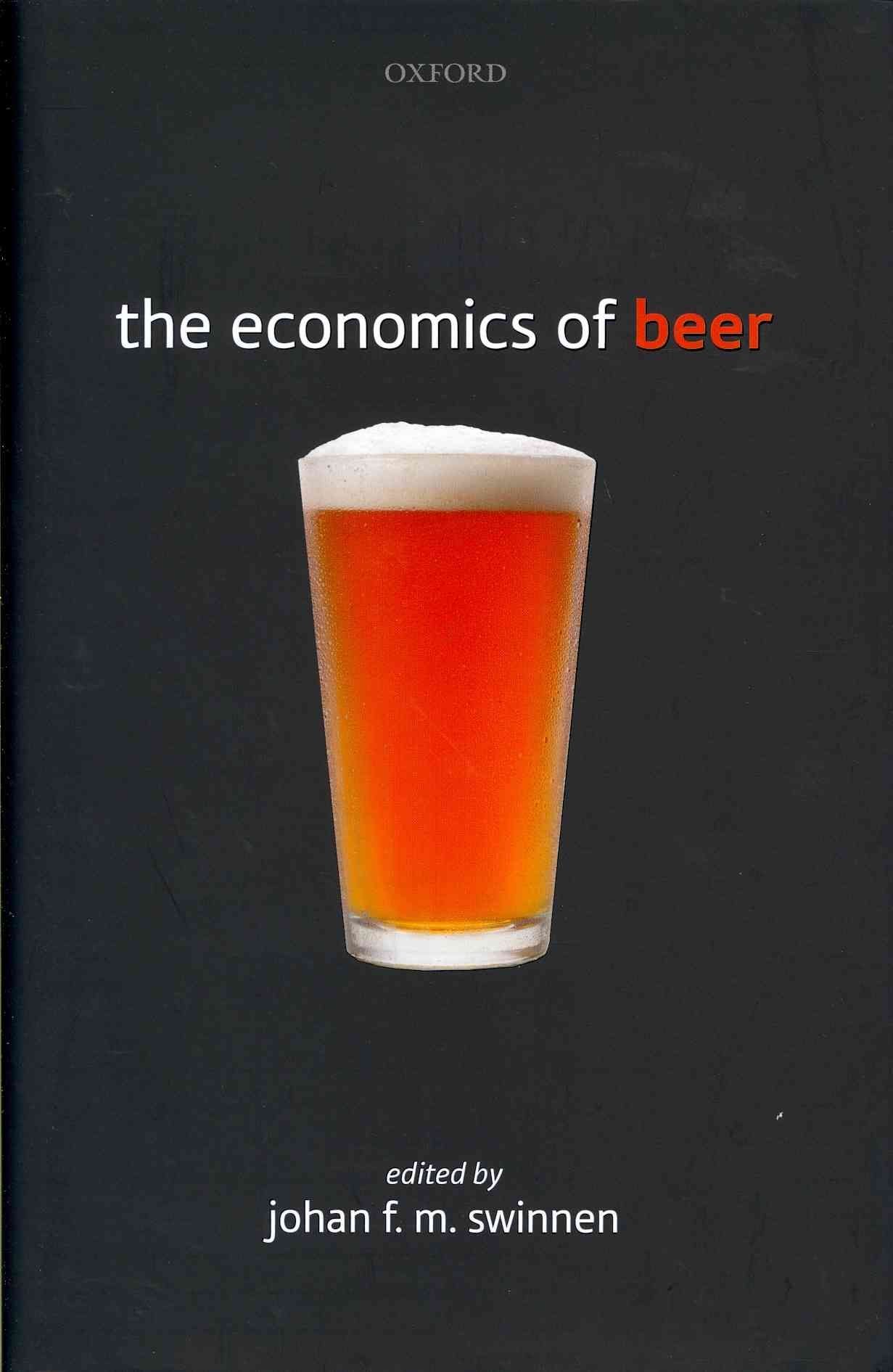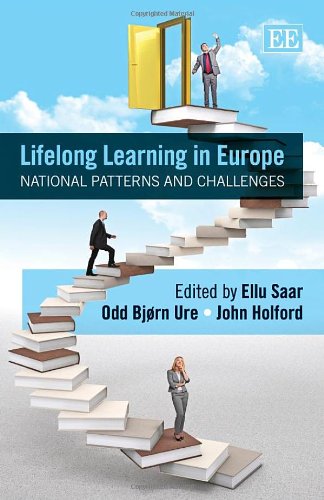The so-called shadow education system of private supplementary tutoring has become a global phenomenon but has different features in different settings. This book explores the ways in which teacher-tutors’ beliefs, social norms, ideals about professionalism, and community values shape their economic decisions in the informal shadow education marketplace. Through theoretical lenses of economic sociology and anthropology, this study uncovers strong social and moral embeddedness of the shadow education market in social relationships, cultural norms and moralities in post-Soviet Georgia. The book questions some of the basic assumptions that the predominant neoliberal discourse promotes worldwide. The book is based on Kobakhidze’s PhD dissertation, which won the Comparative and International Education Society (CIES) Gail P. Kelly Outstanding Dissertation Award. “[A] theoretically innovative and substantively enlightening account of shadow schooling in Georgia… A landmark achievement.” Roger Dale, University of Bristol “… an important and timely topic … addressed with exceptional thoroughness. It constitutes a solid piece of academic work and clearly makes a significant contribution to the field of shadow education.“Heidi Biseth, University College of Southeast Norway, Chair of Gail P. Kelly Award Committee in 2017 “…through robust critical analysis, Kobakhidze invites a humanistic re-visioning of economy and society.” Ora Kwo, The University of Hong Kong












